Optimal Timing for Flat Roof Sealings
Proper timing for flat roof sealings is essential to ensure optimal adhesion and durability. Typically, the best period is during mild, dry weather conditions when temperature and humidity levels are stable. This prevents sealants from curing prematurely or failing to adhere properly due to extreme weather.
Sealing during optimal weather conditions can extend the lifespan of the roof by preventing leaks and reducing the need for frequent repairs. The ideal temperature range for application is generally between 50°F and 85°F, with low humidity and no rain forecasted for at least 24 hours.
These seasons often provide the most consistent weather, making them suitable for flat roof sealings. Mild temperatures and lower humidity levels help sealants cure properly.
Late summer can be effective, especially before the onset of colder weather. However, avoid sealing during peak heat to prevent rapid curing and potential cracking.
Early fall offers cooler temperatures and less humidity, ideal for sealing. It also allows for preparation before winter conditions set in.
Sealing during winter or rainy periods is discouraged due to freezing temperatures, snow, and high moisture levels that impair adhesion and curing.
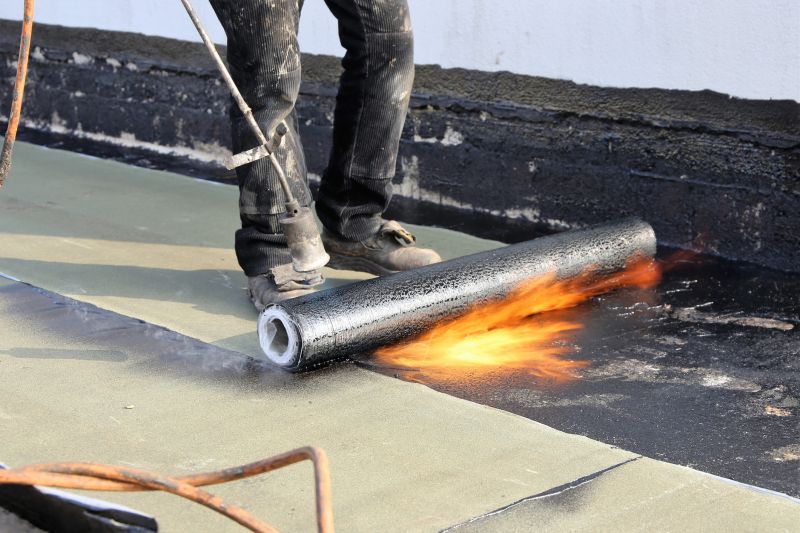
Proper application during suitable weather ensures effective sealing and longer-lasting results.
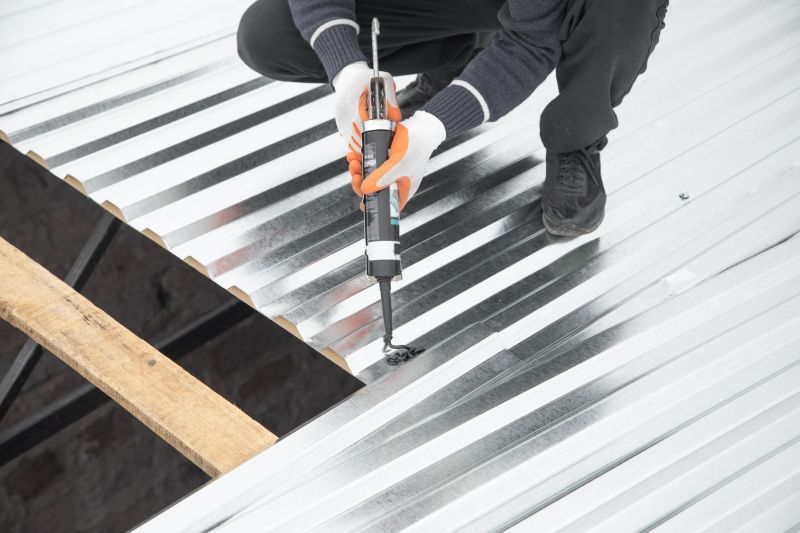
Timing roof sealing with seasonal weather patterns enhances durability and performance.
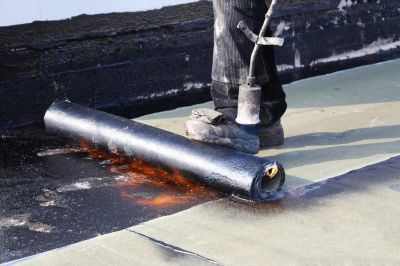
Monitoring weather forecasts helps determine the best window for roof sealing projects.
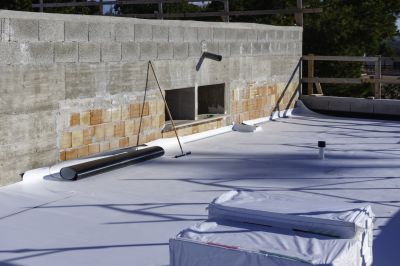
Ways to make Flat Roof Sealings work in tight or awkward layouts.
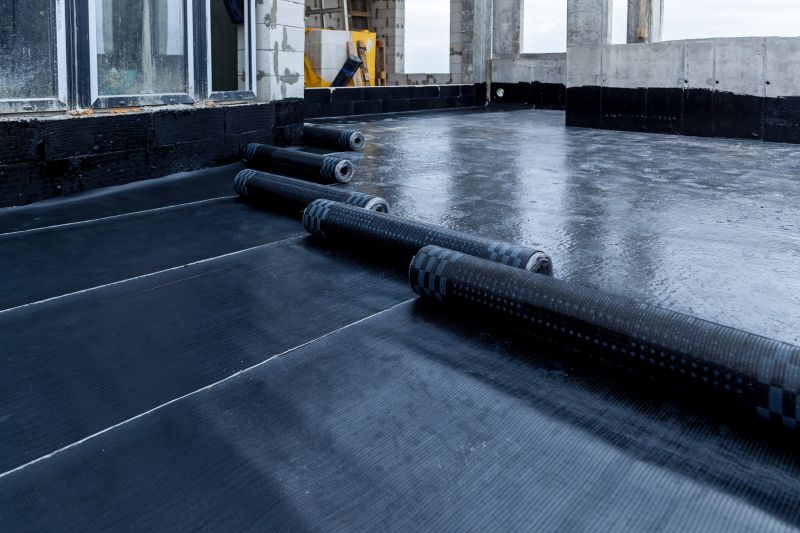
Popular materials for Flat Roof Sealings and why they hold up over time.
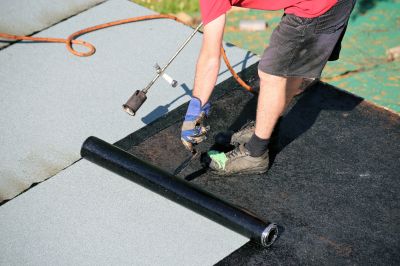
Simple add-ons that improve Flat Roof Sealings without blowing the budget.
| Season | Optimal Conditions |
|---|---|
| Spring | Mild temperatures, low humidity, dry weather |
| Early Summer | Warm but not hot, low humidity, dry days |
| Late Summer | Warm temperatures, decreasing humidity |
| Early Fall | Cooler temperatures, low humidity, dry conditions |
| Winter | Not recommended due to freezing temperatures and moisture |
Proper timing for flat roof sealing enhances adhesion, prevents leaks, and extends the roof's lifespan. Regular inspections and weather monitoring are crucial for scheduling maintenance at the most suitable times. Ensuring conditions are right minimizes the risk of sealant failure and costly repairs.
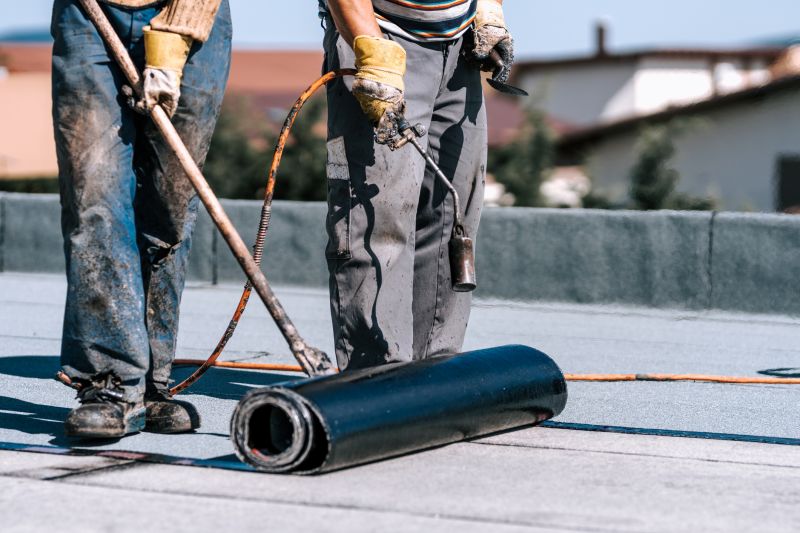
Sealing during appropriate weather conditions ensures effective adhesion and durability.
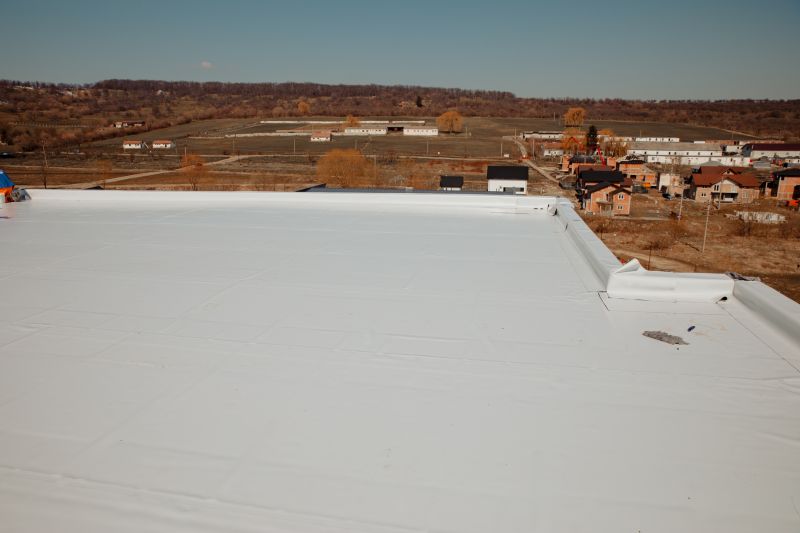
Timing maintenance with seasonal weather patterns optimizes roof performance.
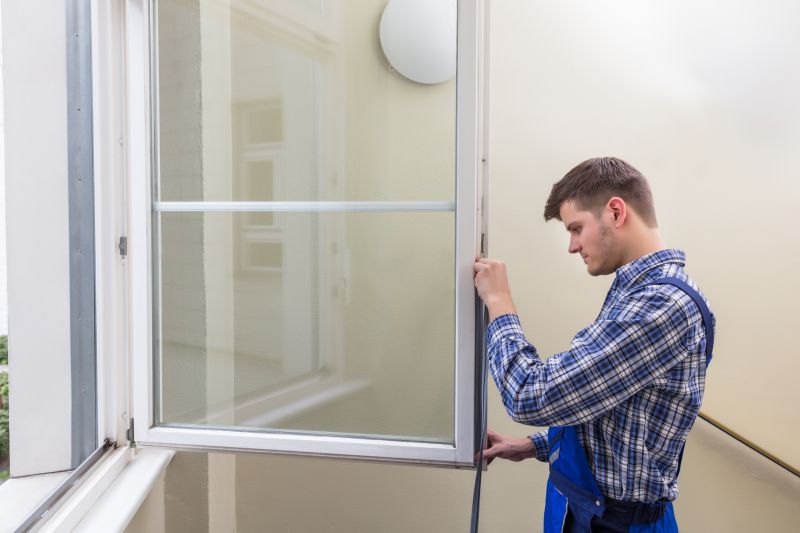
Forecasting helps identify the best windows for sealing work.
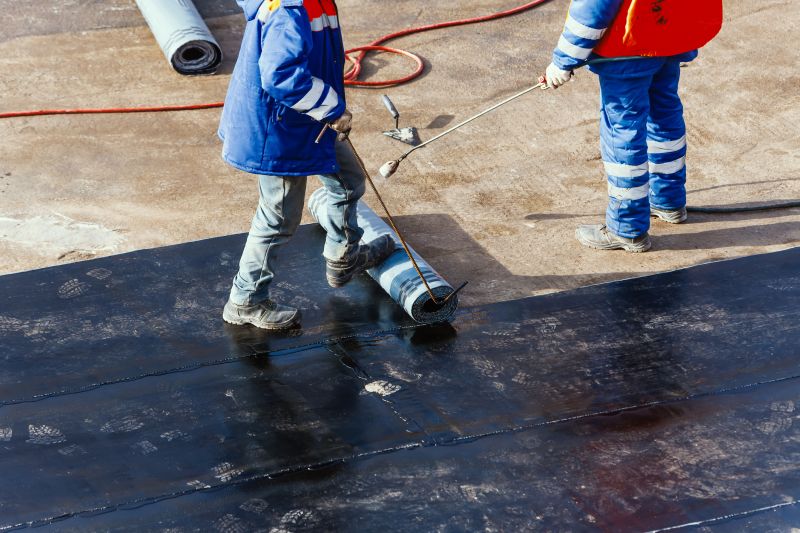
Ensure dry, mild weather for best results in flat roof sealing.
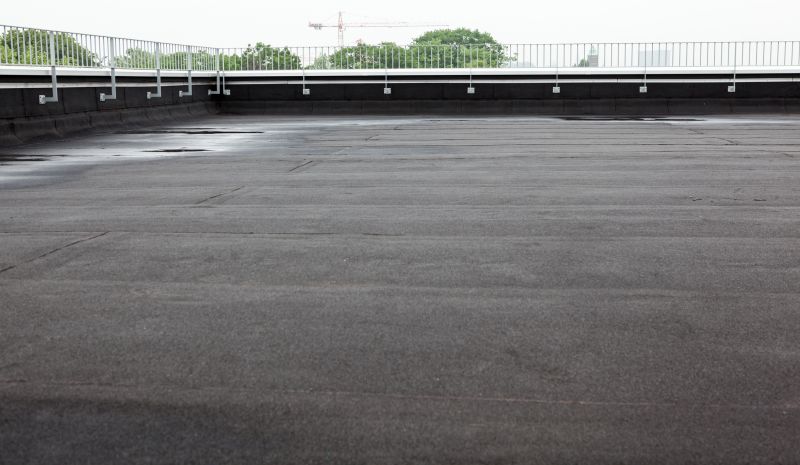
Finishes and colors that play nicely with Flat Roof Sealings.
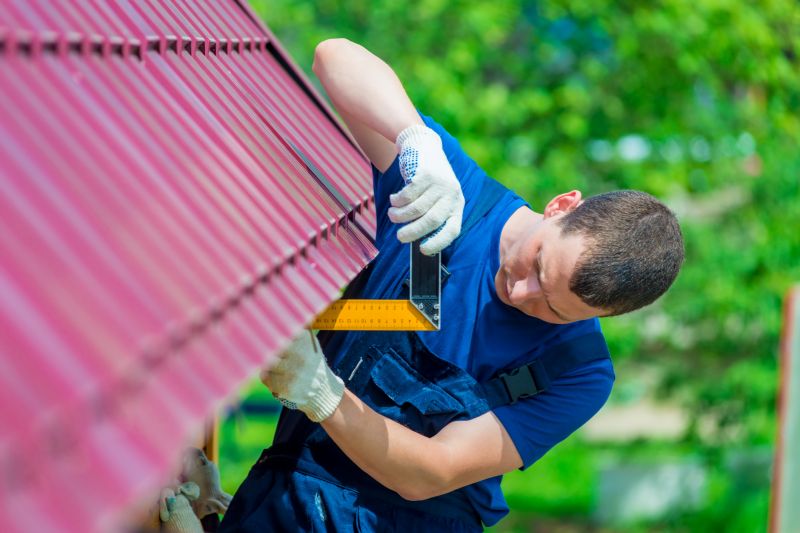
Little measurements that prevent headaches on Flat Roof Sealings day.
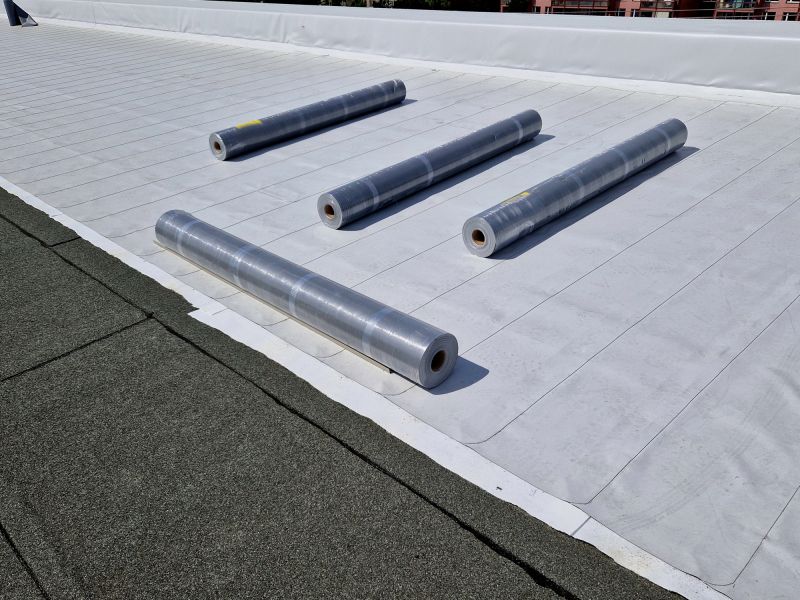
A 60-second routine that keeps Flat Roof Sealings looking new.
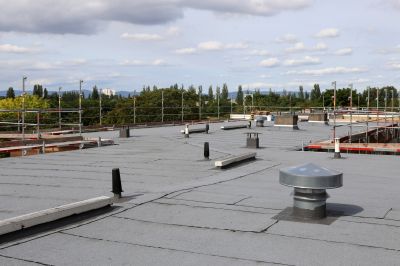
A frequent mistake in Flat Roof Sealings and how to dodge it.
Interested in flat roof sealing services? Fill out the contact form to get more information and schedule an inspection at the optimal time for your roof.
